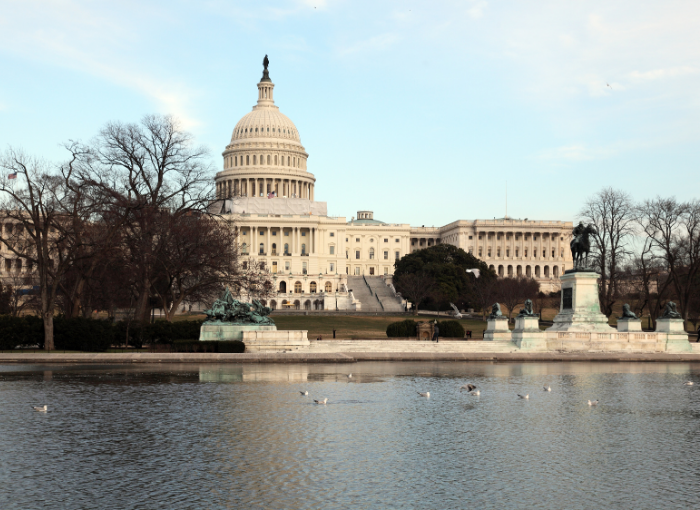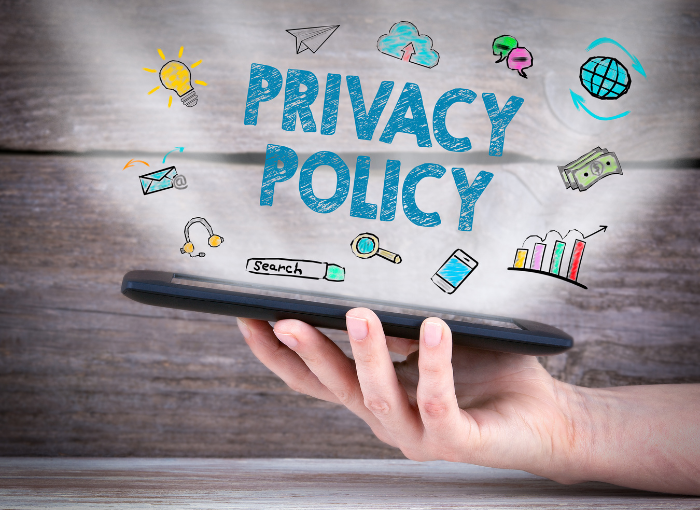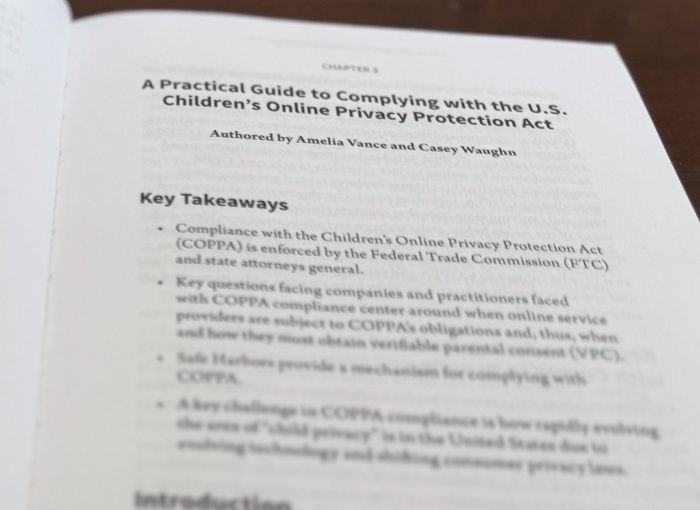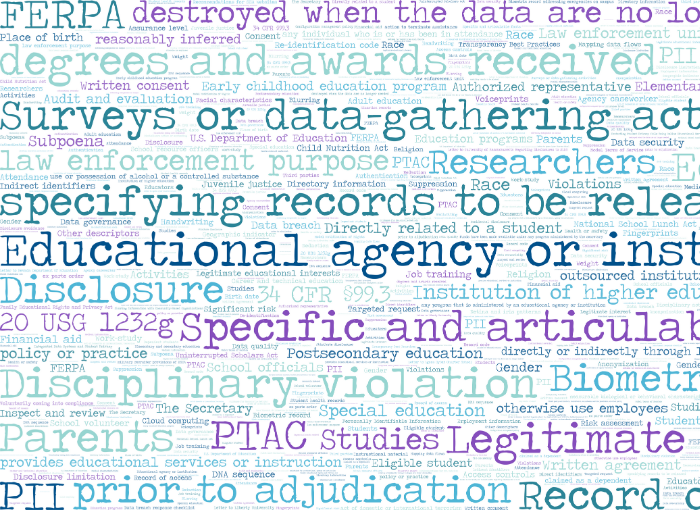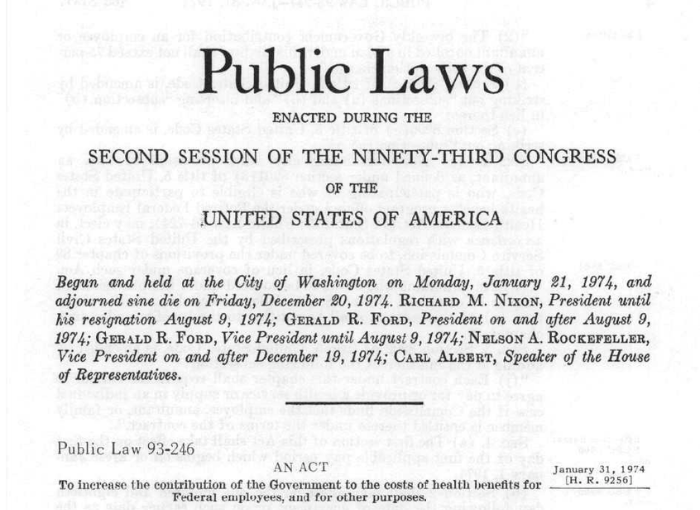Comparing Provisions in KOSMA and KOSA
Comparing Provisions in KOSMA and KOSA The Kids Off Social Media Act (KOSMA) and the Kids Online Safety Act (KOSA) are progressing through Congress, both with the shared objective of protecting children online. KOSA attempts to achieve this goal with broad requirements that are aimed at making the platforms minors use safer. KOSMA, on the other hand, aims to protect children from social media in two main ways: Prohibiting minors under age 13 from creating or maintaining social media accounts Prohibiting social media companies from targeted content to to minors using algorithms Requiring schools to block and filter social media […]
Comparing Provisions in KOSMA and KOSA Read More »



